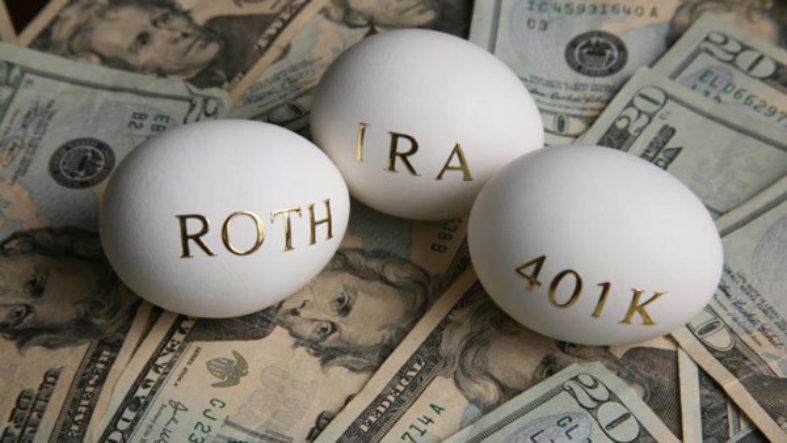For majority of the prospective entrepreneurs, the toughest part of coming up with some business idea which they’ve stored in their minds for long time now is finding the cash which is needed to either start the business or buy it. Once they take an inventory of their individual finances, the next step is possibly to approach friends and family. In case they aren’t able to extend their help, the next stop would be some hard money lender or a bank which could offer a business loan and this is where financing usually loses track.
The good news for such rising entrepreneurs is that there are different ways in which they can use retirement funds like IRA to finance their start-up business firms. But there’s more to it than just writing you a check as there are noteworthy legal steps as well. The key step is to roll over the money into the retirement account which allows you to invest in the business. Let’s take a look at how you can do this.
An IRA and a self-directed IRA – What are they?
IRA is an account which is opened with a monetary institution through which a person saves for his retirement with tax-deferred growth. The most common forms of IRAs are Roth, Traditional, Rollover and SEP and each of them has got its own benefits. IRAs usually allow you to invest in different asset classes but if you can convert your IRA into a self-directed IRA, this can provide you with more flexibility as long as your control on where your assets are invested.
Self-directed IRA, as the name implies, directs the investment choices in your account. Such accounts permit the individual to invest in places which are not only limited to that of traditional IRAs which only let your invest in bonds, stocks and mutual funds. With self-directed IRAs, you can invest in startups, real estate, precious metals, coins etc.
Investing in your startup with your IRA – Why should you take this step?
In case you’re someone who is not planning on withdrawing funds from your IRA account for some years, investing in your new business could certain be a lucrative investment which can fit into your long-term goals. When you invest in your start-up business via your IRA, this sets a limitation on how you control the company but it doesn’t actually restrain you from playing the role of an advisor or acting as a board. Unless you’re the head of all employees or you own more than 50% of the company, you can always be involved in your startup. Through a self-directed IRA, you can lawfully own different things like promissory notes, real estate, gas and even gold.
Self-directed IRAs are a perfect mix of tax shelter and it has enough potential for growth for all your retirement funds. Not only that, you can also shape an ever-lasting partnership and bonding with your business. In case you feel you’re willing to follow the rules and make a worthy long-term commitment, the investment tool that would best serve you is undoubtedly a self-directed IRA.



